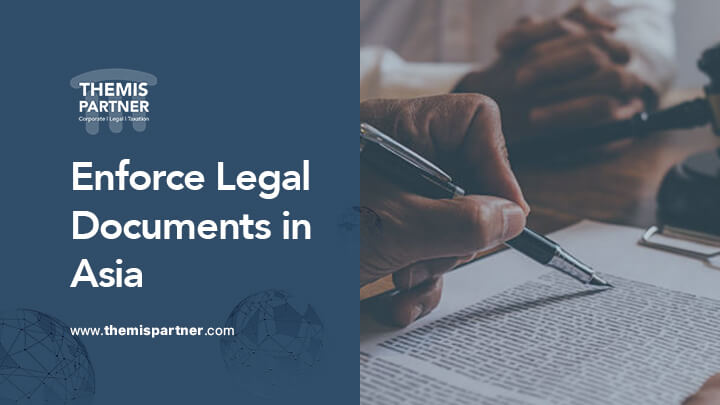5 Critical Contract Clauses Asia Exporters Must Review Right Now
To stay protected under the evolving U.S. tariff regime, Asia-based businesses must review and often revise their existing and future agreements. Here are the five most critical areas to look at.
1. Country of Origin and Substantial Transformation Clauses
The U.S. uses a “substantial transformation” test to determine a product’s origin. Even if final assembly happens in Vietnam, Cambodia, or Malaysia, if key components come from China, the U.S. Customs and Border Protection (CBP) may still classify it as Chinese.
ℹ️ Your contracts should include a detailed explanation of origin, production, and transformation processes. Include language like:
“Supplier certifies that goods have undergone substantial transformation in [Country] and comply with all U.S. origin rules as defined under Title 19 of the U.S. Code.”
2. Delivered Duty Paid (DDP) vs. Delivered at Place (DAP)
One of the most important decisions in any cross-border sale is the Incoterm you choose. Many Asia exporters agree to DDP terms, meaning the seller pays all duties and tariffs.
- Remarks:
In a high-tariff environment, DDP can destroy your margins if new duties are imposed after contract signing.
Consider switching to DAP, where the buyer takes responsibility for customs clearance and duties but include language to handle disputes over reclassification or delays.
3. Change in Law Clauses (Also Known as Hardship Clauses)
This is your safety net. A well-drafted change in law clause allows you to adjust pricing, renegotiate, or even terminate the agreement if government policies significantly increase your costs.
But here’s the catch: these clauses must be specific, not vague.
| ➤ Weak: “Parties will discuss in good faith any material change in applicable laws.” |
| ➤ Strong: “If new tariffs or duties imposed by the U.S. government increase the landed cost of goods by more than 5%, the supplier may propose a price adjustment. If no agreement is reached within 14 days, either party may terminate.” |









